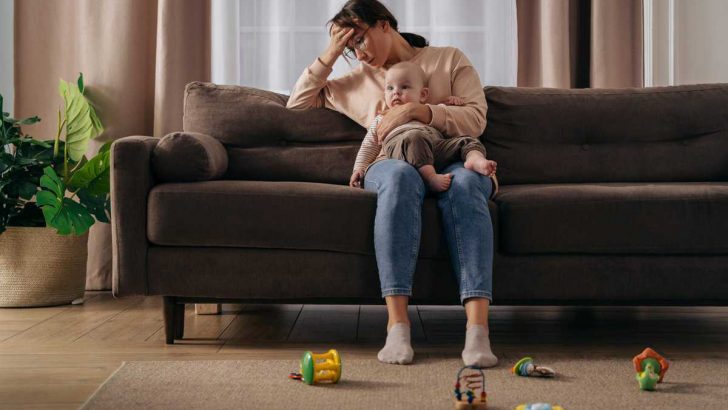Sophie, 31, mother of two:
I do everything for my children.
I also look after my partner, without any consideration for myself.
Yet I’m always the “bad guy” when I can’t buy a toy or when I don’t have the strength to take them to the park.
Caroline, 39, mother of one child:
I do everything and it’s still not enough!
Aline, aged 27, mother of one child:
I can’t take it anymore, I can’t get along with my child, he’s so mean and ungrateful!
Do these thoughts sound familiar?
Many parents feel overwhelmed by the situation, unable to accompany their children, doubting a needs-oriented approach and blaming themselves.
Or they fear that something is wrong with their child and that they, as parents, are being particularly victimized.
It’s not without reason that we often hear mothers say they regret having had children.
No one can deny that looking after children is a great challenge, and a bloody exhausting one at that.
I have three children and I push myself to the limit every day.
But we choose if we feel like victims.
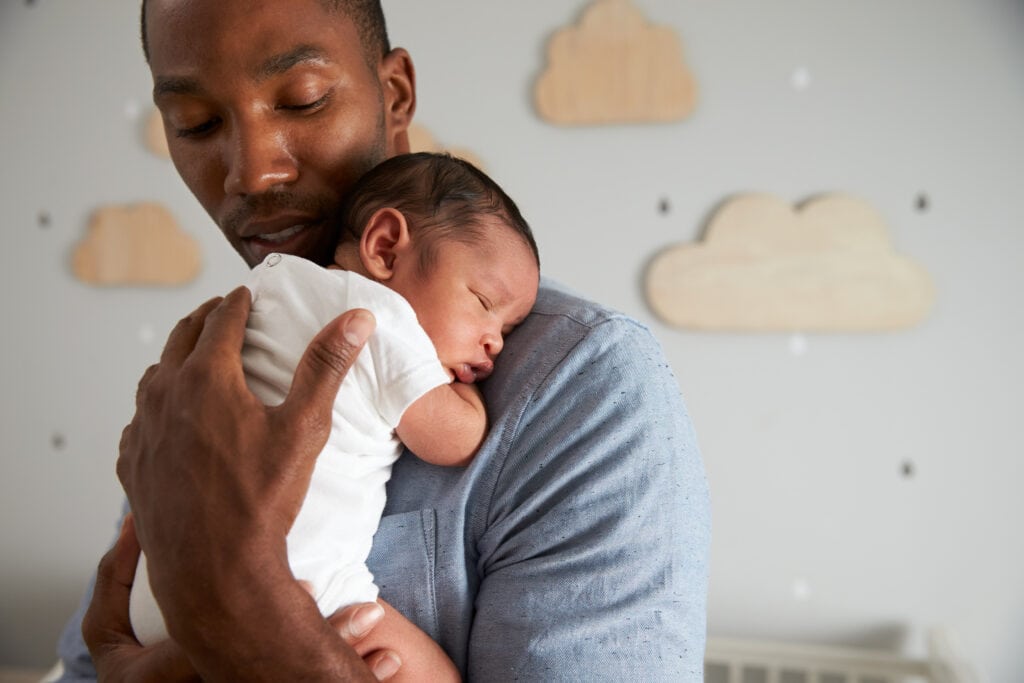
It’s all in our minds.
The tyrannical child, the stupid mother-in-law, the mean husband, the employer, the corporate culture, society, politics…
You are responsible for your own destiny and suffering.
And you choose the role of victim.
In doing so, you relinquish your power.
In effect, we disempower ourselves and become victims.
Our suffering arises because we don’t see alternatives and don’t think we have any.
Destructive and limiting thoughts take up more and more space: “I’d like to, but I can’t…”.
And so despair, overwhelm and powerlessness spread.
If we assign ourselves the role of victim in our relationship with our child, we evade our responsibility and make our child the aggressor.
Why do we adopt the role of victim?

Because it’s easy.
We can submit to our assumed fate and leave the responsibility to others.
We receive approval, are pitied and even comforted.
Sometimes, we also feel real empathy.
We crave affection and to be seen.
And that’s what we get, at least on the surface.
Often even by strangers, as can be seen time and again on forums and in various Facebook groups.
We feel morally elevated by talking about the nastiness of others.
We then automatically belong to the good guys, after all, everyone else is the bad guy.
And this in turn justifies our educational behavior.
It’s always easier to expect something from someone than to take responsibility and perhaps even to enter and remain in the position of giver.
This frees us to look after ourselves, because the error has been found elsewhere.
And yet we suffer.
But it doesn’t work in the long term.
So we have to accept our responsibility!
How do we get out of the vicious circle of victimization?
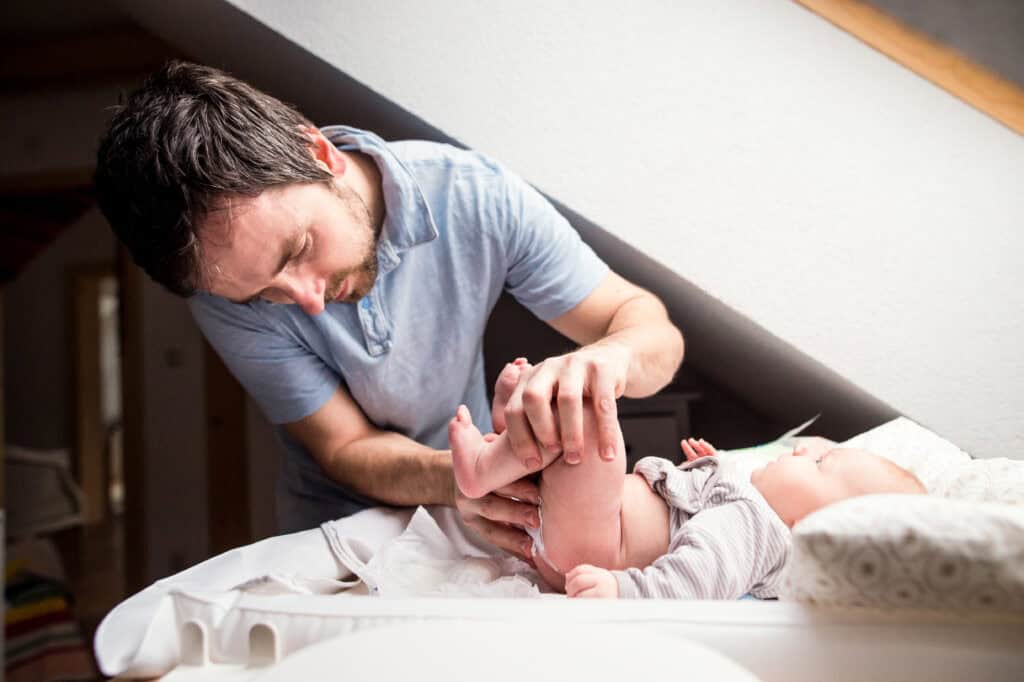
To stop being the victim, you have to take matters into your own hands.
You have to act and take responsibility, as a parent.
Here are the steps to follow:
1. Become aware of your victim attitude
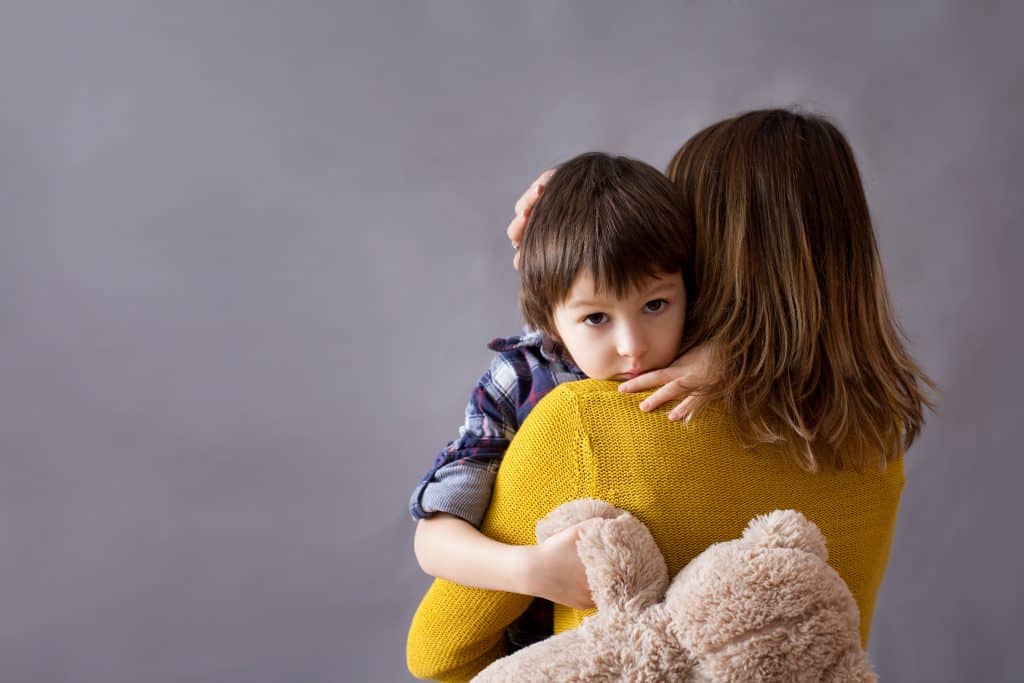
Everyone can certainly understand the desire for a beautiful and harmonious family life.
However, family life isn’t always a joy.
It’s often exhausting.
Because it’s about relationships, and that’s not easy.
Especially when you also have responsibilities and do a job as demanding as looking after children.
So let go of the pressure and accept what is: the relationship is also a job and sometimes needs to be readjusted.
It’s not your child’s fault.
It’s your expectations, your beliefs, your distorted images and, above all, the thoughts in your head that are complicating your life – and your child’s!
Empathize when everything is too much for you again, when the world seems mean and you have nothing but judgments in your head.
2. Stop making your child the aggressor

Step out of the victim role.
You are responsible for the quality of your relationship.
By making yourself comfortable in the role of victim, you condemn your child to being the aggressor.
Stop it now!
You alone are responsible.
Your child is dependent on you!
So let’s be clear: look and stop!
You’re a mature, established person.
In front of you stands a child – your child.
Not the enemy.
Your child loves you and needs you.
3. Learn to recognize the needs behind your feelings

When you’re hungry, your body is trying to tell you that you need food.
When you feel drained, tired and irritable, your body is trying to show you that you may need a rest.
Feelings want to be experienced.
Don’t reassure or oppress them.
They are a pointer to underlying needs.
Take care of them, listen to them and take care of yourself.
But learn to distinguish between feelings.
Anger, for example, is born of our judgments: “My daughter is intentionally hurting her brother!” and masks the real feeling: grief, fear, frustration.
And so the path to the need: peace, harmony, belonging, security.
You’re mature enough to take this into account, not your child.
4. Try to see the needs behind your child’s behavior
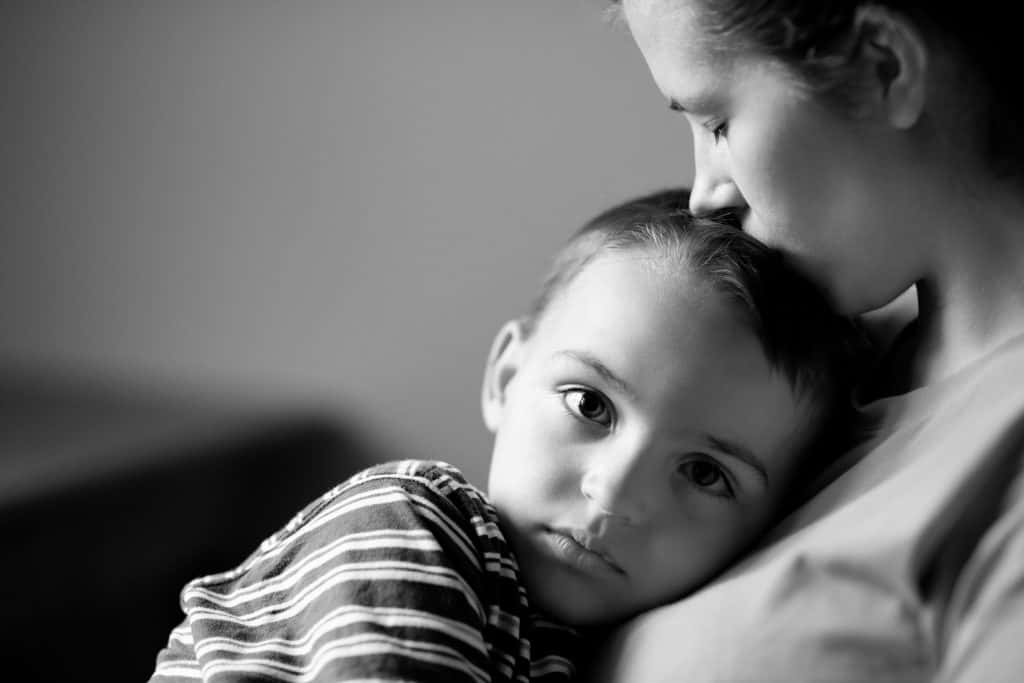
Children also look for ways to meet their own needs.
But the difference is that they depend on you to do it!
This is all the more fatal if you make your child responsible.
Remember the following phrase and make it your mantra: “He’s not doing anything against me, he’s doing something for himself!”.
Your child isn’t hurting you on purpose!
Aggression is part of being human.
Children communicate using the means at their disposal.
Young children have an internal programming that ensures they are always concerned not to be forgotten.
In their total dependence, including emotional dependence, they depend on us.
It doesn’t matter if you think your child lacks nothing.
What’s important is what your child receives and what is actually perceived and felt.
Take your child’s feelings and perceptions seriously!
5. Boost your self-esteem and work on your psychological resilience

Do you know your strengths?
Do you know what’s good for you and what you like?
Get to know yourself and take care of yourself!
What can help you become more patient, curious, empathetic, caring, resilient and flexible?
What can you do for yourself to be there for your child?
What can make you feel better?
When you appreciate yourself, you no longer need others to do it for you.
You become independent and free.
This allows you to become “self-efficacious” and get out of the victim role.
6. Throw away the concept of guilt and accept responsibility

There’s no one to blame.
There are triggers and causes of feelings.
The trigger may be our child’s behavior, but the causes are always within us.
Guilt is a destructive construct, taking us away from our purpose and not allowing connection.
Assigning blame also prevents us from resolving problems constructively and sustainably.
Maybe we’ll achieve our goal in the short term and our child will do what we want.
The underlying motivation, however, is fear, shame or even guilt.
But we’re looking for empathy, and that can only be sown through empathy.
Between the ages of two and eight, children experience their emotions very intensely, and often do so impulsively.
Nothing else happens during puberty.
They’re already more than busy with themselves, their hormones, their desire for autonomy, the protection of their integrity and their overflowing feelings.
When pressure is put on them, they have no choice but to resist.
If they don’t have an authentic equivalent, they fall into a void and look for ways to feel it themselves.
So set healthy limits, play your part as a parent and take responsibility!
Hi all, I am Sidney, an accountant, a hobbyist photographer, and a mother to two sweet girls who are my motivation. I love sharing the tips and tricks I gained all these years I’ve been a mother. I hope it will help you!

